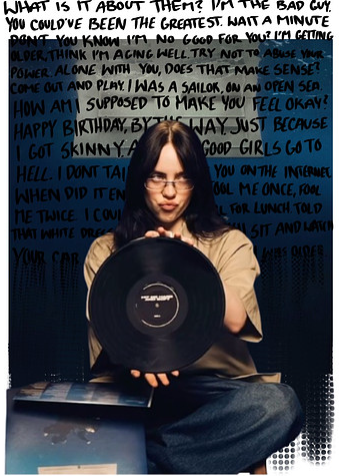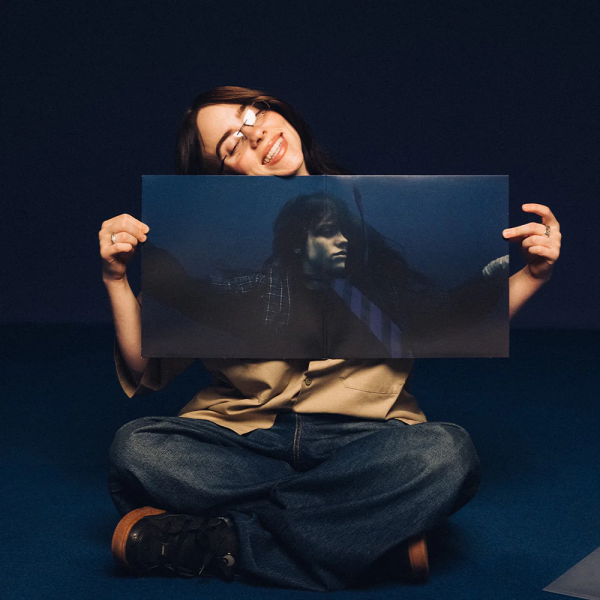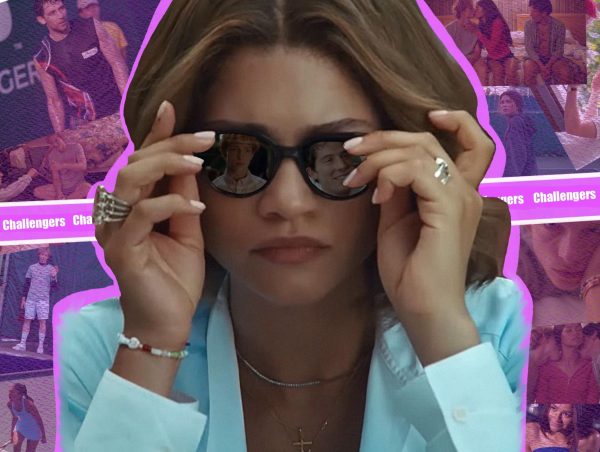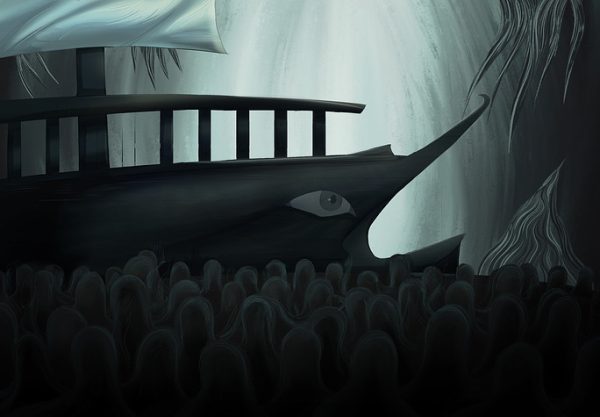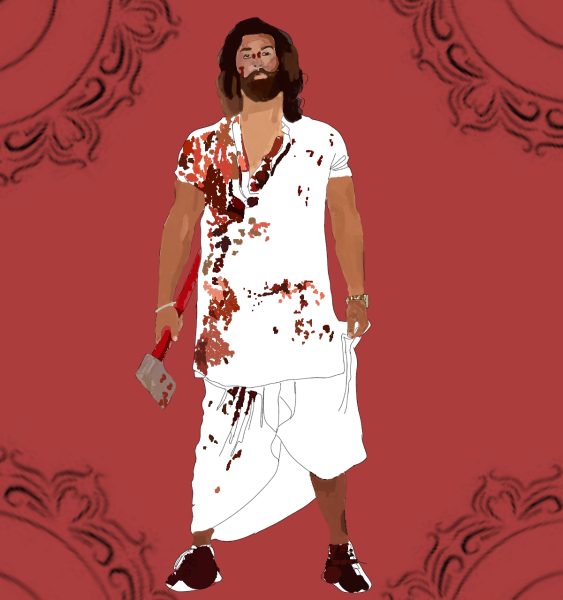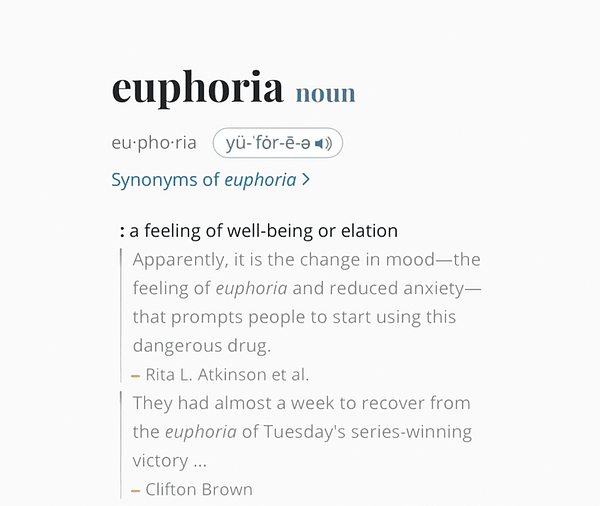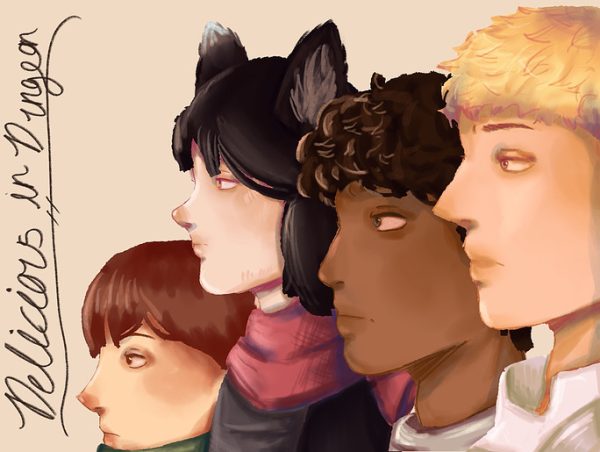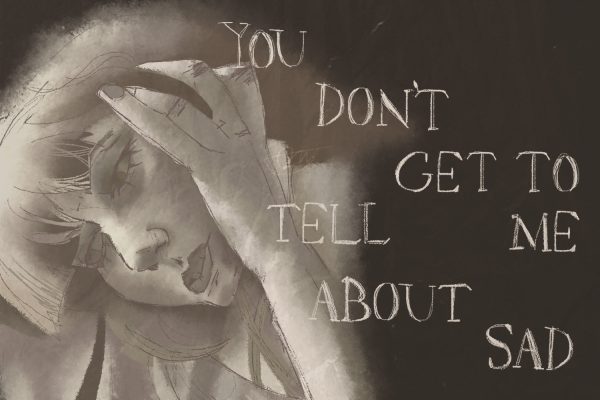Seth Rogen and Charlize Theron prove opposites really do attract in ‘Long Shot’
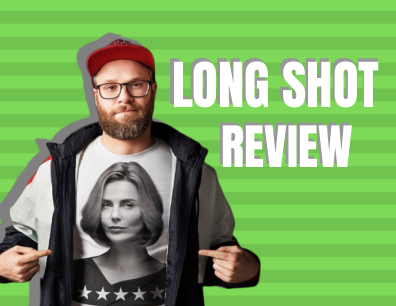
Long Shot works as a comedy, but the romance is hard to buy into.
The sentiment “opposites attract” is perhaps one of the most universally well-known romantic tropes and one that Hollywood certainly hasn’t hesitated to make full use of. From The Sound of Music to Pretty Woman, the film industry seems to have a fascination with pairing up the most unlikely of couples. Jonathan Levine’s Long Shot uses this premise as the basis for the entire plot – schlubby, down on his luck journalist Fred Flarsky (Seth Rogen) has a chance meeting with childhood crush and current secretary of state Charlotte Field (Charlize Theron), and romance blossoms.
While not truly committed enough to neither the political nor romantic aspects to make it truly great, Long Shot is an enjoyable film with enough laugh-out-loud moments and charm to keep audiences engaged.
The most obvious draw for moviegoers is, of course, the two leads. In terms of Hollywood A-listers, I’m having difficulty coming up with a pair as drastically different as Seth Rogen and Charlize Theron. Granted, this is the selling point of the movie, and there are a lot of moments in the movie where their deeply-ingrained differences make for an engaging and even thought-provoking story, but as I was watching I couldn’t help but feel like the chemistry just wasn’t there. It’s not as if the two are flat or uninteresting to watch.
In their own ways, both actors and characters really shine, but I found that the scenes where they operated in their own atmosphere tended to work much better than the ones where they were together. Rogen, in particular, impressed me – while he does stick to the pot-smoking troublemaking persona he tends to gravitate towards in most of his other movies, there is a level of depth and nuance in his performance that makes me reconsider the movie as more than just a romantic comedy.
In fact, Long Shot had an entire subplot that seemed to be working towards making an actual statement about the shape of modern politics and media coverage, as well as the stress we put our public figures under. It’s an aspect of the film that’s unexpected, but not unwelcome. However, not all of these scenes landed, and the plot as a whole felt somewhat underbaked – like the filmmakers knew that they wanted to say something about politics, but they weren’t sure exactly what they were trying to say, or how to go about properly interspersing that message in a romantic comedy.
Speaking of elements that aren’t typically found in comedies, Charlize Theron as Charlotte Fields was also a surprising highlight. The film very much leans into her physical beauty and wastes no time making jokes at the expense of her beauty (a specific recurring gag that spoofs Fox News comes to mind). However, Theron isn’t just there to be the unreasonably attractive woman for Rogen to somehow woo, her character Charlotte is one with struggles that will be relatable to every woman, not just supermodels and Secretaries of State. The movie takes a look at the extra pressure and scrutiny that female politicians are put under solely as a result of their gender, which was another aspect of the movie that made it more than just your average rom-com.
In terms of comedy, however, Long Shot didn’t sacrifice any of the laughs in order to sneak in some extra themes. The movie is genuinely laugh-out-loud funny, and although not every single joke is a winner and some plot points (especially near the end) were a little too bombastic for my taste, it’s unlikely you’ll leave the theatre without having tickled your funny bone just a little bit.
While the comedic and political elements worked for me, the romantic ones did not. The central relationship of the film quickly became tired once the gimmick of seeing Rogen and Theron together wore off, and the movie seemed to move at a snail’s pace whenever it shifted its tone solely to romance. It’s certainly not a bad romance: The leads have serviceable chemistry and the characters themselves are actually believable together, but the romantic aspect just doesn’t keep up with the other attitudes the film is juggling.
In the end, Long Shot isn’t perfect. But, like it’s protagonist Fred, it’s funny, disarmingly charming, and just thought-provoking enough to leave you with a smile as you exit the theatre.
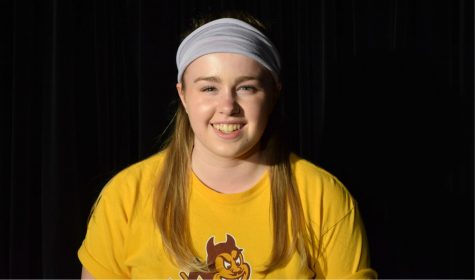
Lauren Coates is a senior and a first year headlines reporter for Metea Media. She loves all things pop culture, including music, TV, movies, and celebrity...

